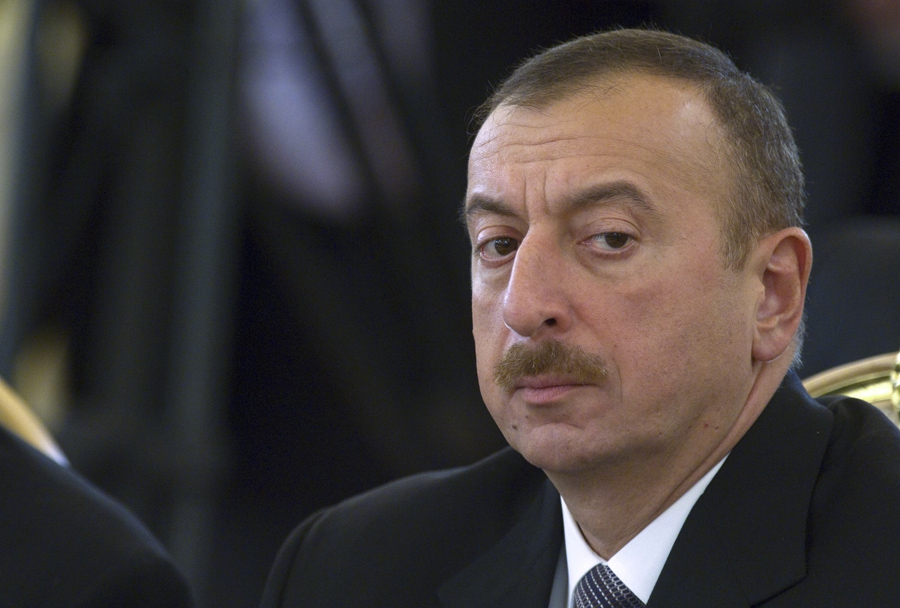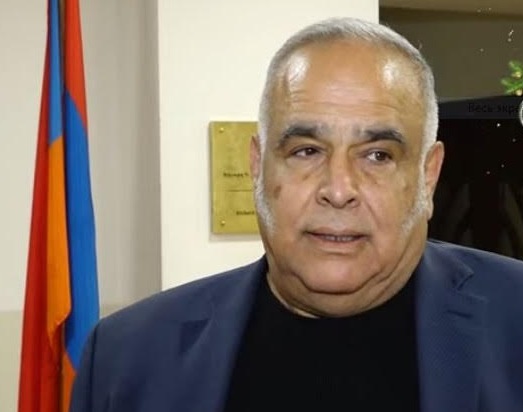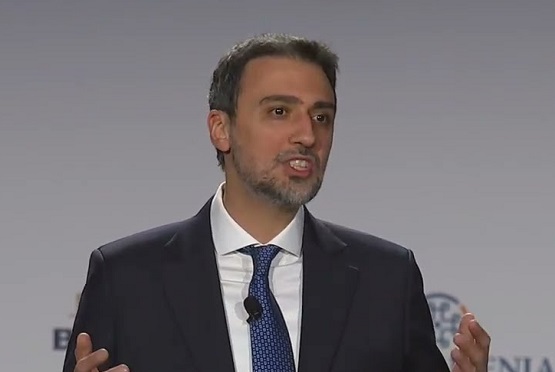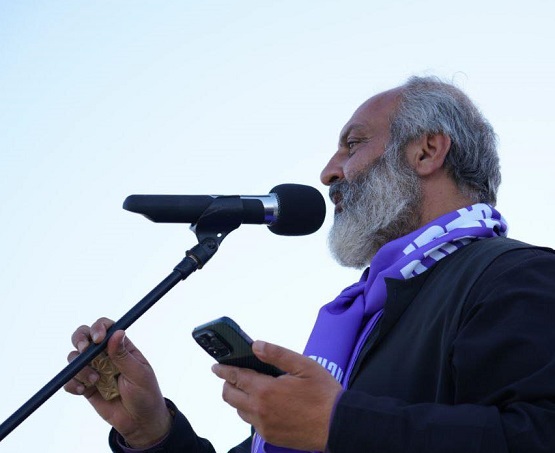By Harut Sassounian
Publisher, The California Courier
www.TheCaliforiaCourier.com
I just became aware of an important interview Pres. Serzh Sargsyan had given to Turkish journalist Cansu Camlibel of Hurriyet newspaper on April 24, 2015 in Yerevan. The article was buried under the avalanche of media coverage during the commemorations of the Armenian Genocide Centennial.
Here are key excerpts from Pres. Sargsyan’s lengthy interview as published in the Turkish Daily News, the English edition of Hurriyet:
-- The President rightly pointed out that “the emotional and non-diplomatic reaction of the Turkish leadership [to Pope Francis’s acknowledgment of the Armenian Genocide in The Vatican on April 12] was yet another proof that Turkey continued its policy of evident denial pursued at a state level, thus taking upon it the burden of the responsibility for the crime perpetrated by the authorities of the Ottoman Empire.”
-- “As a mighty power and champion of democratic values, the United States has on numerous occasions stated its position regarding the Armenian Genocide. Out of 51 U.S. constituent states 44 recognized and condemned the Armenian Genocide. Throughout history various American presidents, such as Ronald Reagan, Gerald Ford, described the atrocities against the Armenian
people as genocide. Even those U.S. presidents, that had not used the word ‘genocide’ during their tenure, had used that term while campaigning. It means that they never questioned the veracity of what had happened, and only due to certain political considerations refrained from uttering the word ‘genocide.’” While Pres. Sargsyan correctly characterized U.S. recognition of
the Armenian Genocide, there were a couple of inaccuracies in his answer: The United States has 50, not 51 states; and Gerald Ford acknowledged the Armenian Genocide as a Congressman, before becoming President.
-- “The Turkish proposal of establishing the so-called commission of historians has only one goal, which is to delay the process of the Armenian Genocide recognition, and divert the attention of international community from that crime. That is not only our view but also the view of the international community that goes on recognizing and condemning the Armenian
Genocide. The protocols contain no clause of establishing any commission on historical studies.
The respective paragraph in the protocol envisages a dialogue aimed at restoring mutual confidence between the two nations, which entailed the establishment of a sub-commission.
Throughout the negotiations, the Armenian side has stressed on numerous occasions at various levels also to the Turkish side that the veracity of the genocide cannot be questioned under any circumstances.” Armenians who opposed to the Protocols, including this writer, had made similar objections.
-- “It is already the sixth year since the protocols have been signed: when is the expedient time?
…The years past have demonstrated that Turkey is looking forward not to some convenient moment, but instead is trying to prevent the manifestation of the unambiguous position of the international community on the Armenian Genocide by imitating a process of the Armenian-Turkish rapprochement, claiming that recognitions were something that hindered the
reconciliation. The process of the Armenian-Turkish reconciliation was launched upon my initiative, and pursued a very simple goal -- to establish diplomatic relations without any preconditions, and unseal the last closed border in Europe, safeguarding peaceful and neighborly coexistence of our nations. Unfortunately, the lack of political will on the part of the Turkish
authorities, distortion of the letter and spirit of the protocols, fresh manifestations of denial, and continuously brought up preconditions intended to feed groundless demands of Azerbaijan thwarted the implementation of the protocols…. After six years of unfulfilled expectations, I
have decided to recall the protocols from the parliament. On one occasion I said the Armenians are not going to wait indefinitely for the Turkish authorities to be able to find a convenient moment to finally ratify those protocols.” In my opinion, the Armenian Foreign Minister should immediately withdraw his signature from the Protocols and declare them obsolete.
-- “The Republic of Armenia has never declared any territorial claims either on Turkey or any other country since our independence. There has never been such an issue on the foreign policy agenda of our country, and there is none today. That is a clear-cut position.”
If not read carefully, Pres. Sargsyan’s last answer could easily be misunderstood. He is neither saying that Armenia has territorial claims from Turkey nor that it does not! Armenia simply has not raised this issue officially because doing so could have serious national security implications
given its powerful and hostile neighbor on the Western Front. Political parties, organizations, and individuals like this writer have frequently made territorial claims from Turkey, but it is understandable that Armenia’s Head of State has to be much more circumspect in his public pronouncements.
Pres. Sargsyan stated several years ago that he leaves the pursuit of Armenian territorial claims to a future generation, which implies that Armenia does indeed have territorial demands from Turkey!












